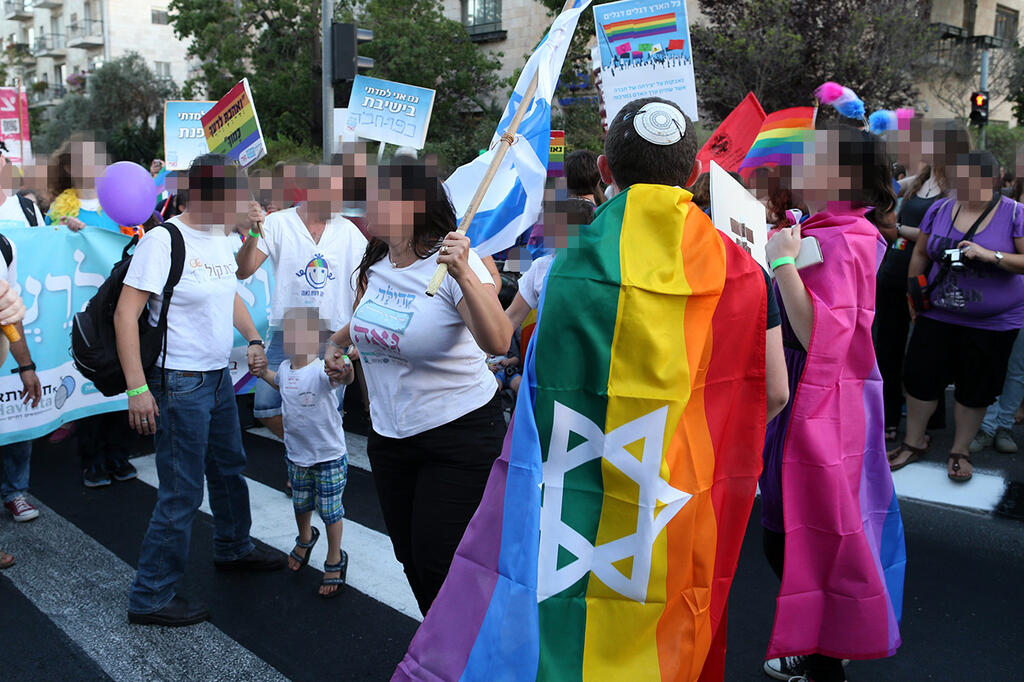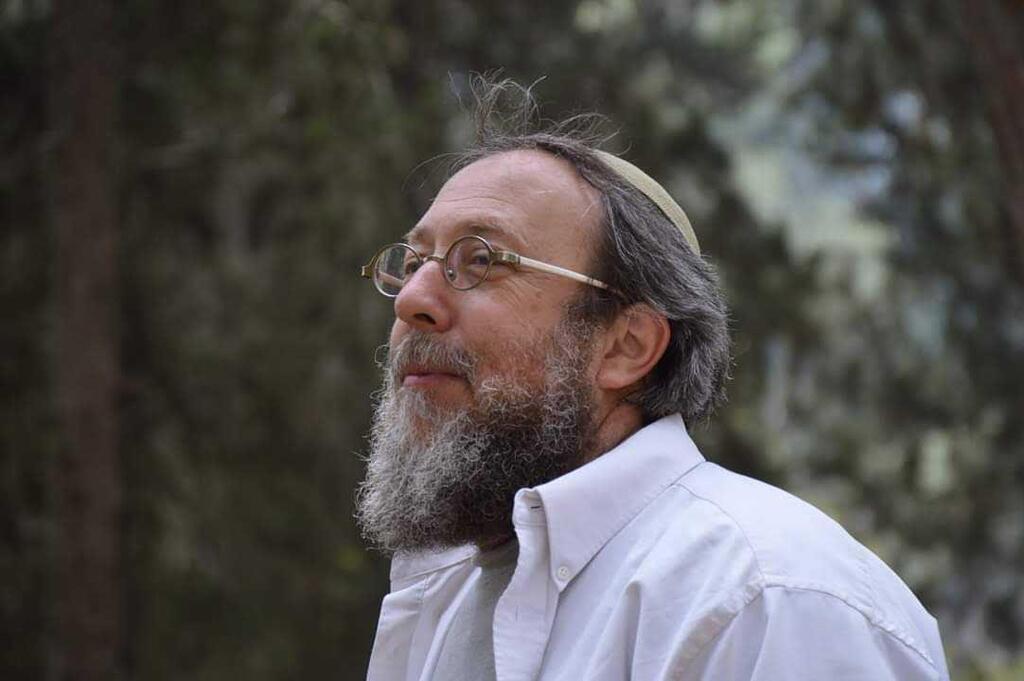Getting your Trinity Audio player ready...
On a balmy Saturday evening at my synagogue, back in '05, in a bustling urban shelter in Jerusalem's Nachlaot neighborhood, I expressed my opposition to the LGBT Pride Parade in our eternal capital.
Subsequently, a young man approached me and inquired about my knowledge of suicide rates among homosexuals. I don't recall my exact response. I do, however, recall that it did not alter my perspective.
Furthermore, I remained unaware that a regular synagogue attendee named Dina ceased her involvement in our prayers and events following that evening.
Nachlaot, a neighborhood that continues to hold fascination, serves as a hub for various societal phenomena, making it difficult for any community to stay disconnected.
As time passed, I crossed paths with Dina once again through different acquaintances. During that period, she chose not to disclose her presence in the synagogue on that particular Saturday or the sermon's impact on her.
It wasn't until years later that she decided to share these details. However, she did entrust me with her personal journey, the transformative process she underwent, and how it led her to the realization that she was determined not to compromise her lesbian identity or her religious beliefs.
During that period, I had the opportunity to meet more individuals from the LGBTQ+ community. While not all of them were religious, I encountered remarkable people who shattered the stereotypes that were previously ingrained into my consciousness.
What once seemed distant and unfamiliar became personal as I got to know them on a personal level, attaching faces and names to their stories. It became crystal clear that personal acquaintance made a significant difference, just as it does in many aspects of life.
Throughout this journey, I remained steadfast in my faith without compromising its principles. The unique sanctity embedded in the bond between a man and a woman, as well as the Torah's prohibition on same-sex relations, remained core beliefs for me, and I held onto them without any doubts.
Concurrently, I also gained new insights. I met individuals who were born with a different orientation, for whom entering into same-sex relationships was the only viable option.
Choosing otherwise would have led to profound existential sadness or even jeopardized their well-being. It was from their prism that I had became aware that they, too, aspired to lives characterized by sanctity and the desire for a loving family.
On July 30, 2015, a tragic incident occurred during the Pride Parade in Jerusalem where Shira Banki was stabbed and suffered critical injuries. While she was fighting for her life, Dina contacted me and asked if I would join a protest rally at Zion Square.
I made the decision to participate in the prayer and protest, and as I climbed the steep ascent from Even Sapir Street to Bezalel Street, I spotted her eagerly waiting for me, proudly waving a Pride flag adorned with the Star of David.
It was in that moment that I realized I was about to embark on a different kind of coming out journey - to march as an Orthodox Jew in solidarity with people who held significant importance to me, in the streets of my community, Jerusalem, proudly carrying a Pride flag.
We could have all the preconceived notions we want, but often times, reliaty smacks us hard and shifts our perspective at a pace faster than we could have anticipated.
As the night before the pride parade approached, marking one year since Shira Banki's tragic murder, I lay in bed wanting to fall asleep, but was able to find no peace. On one hand, I fully understood the event was more than just a parade.
It was a march advocating for the right to exist, a march for life itself. I felt a deep sense of responsibility towards Shira, the LGBTQ+ community, and the city as a whole. However, I couldn't ignore the fact that my actions could be interpreted as a violation of the laws of the Torah.
Certain matters can be delayed until there is trust and certainty, but there are others that cannot be put off until it is convenient. It is important to venture beyond our comfort zone, even when the conclusions are intricate and unresolved.
While I do not conduct wedding ceremonies for same-sex couples due to the Jewish law's prohibition on sanctified unions between two men or two women, I actively participate in the Pride Parade.
This is because those very couples, those very individuals, reside here in Jerusalem, in Israel, and in the world. They deserve to live their lives authentically, including with pride.



